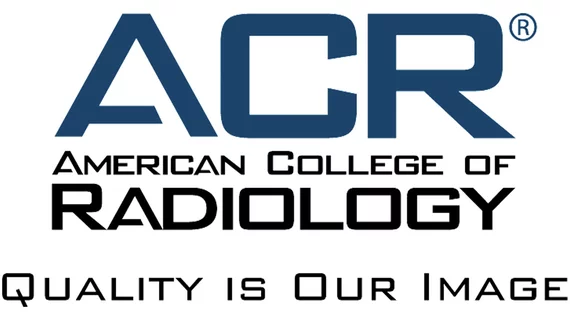FDA approves ACR motion to incorporate DBT into quality control manual
This week, the FDA approved the American College of Radiology (ACR)’s proposed amendment to incorporate information about digital breast tomosynthesis (DBT) into its 2016 Digital Mammography Quality Control Manual, which would give physicians a uniform set of quality control guidelines instead of different manufacturers’ QC requirements.
The FDA requires all digital mammography practices with DBT to perform quality control for approved imaging systems, but prior to this approval those facilities were instructed to follow manufacturers’ suggested protocol, according to an ACR release.
With changes to the amendment—the Alternative Standard #24 to the “Quality control tests–other modalities” requirement—practitioners will be able to reference one standard QC document.
“The new DBT QC procedures in the updated ACR manual will promote uniformity of quality control since it will allow facilities to follow one manual instead of dozens of different manuals that are mandated for the varying manufacturers and models of digital mammography equipment with DBT,” Eric Berns, PhD, lead author of the manual and chair of the ACR Subcommittee on Mammography Quality Assurance, said in the release. “The new manual focuses on tests that are clinically relevant for high-quality imaging and provides the structure for a thorough and complete quality control program.”
The updated manual is slated for publication this fall, he said. ACR-accredited mammography facilities and their associated physicians will receive a free download of the new copy.

